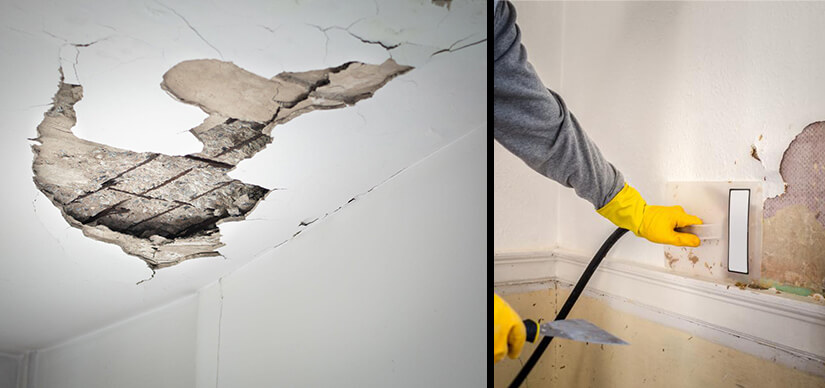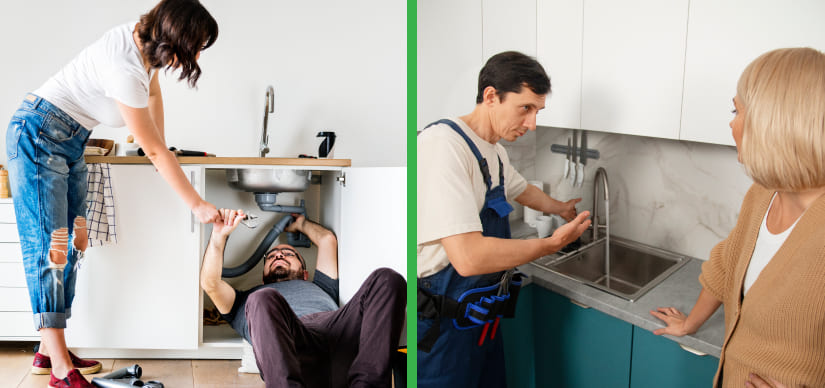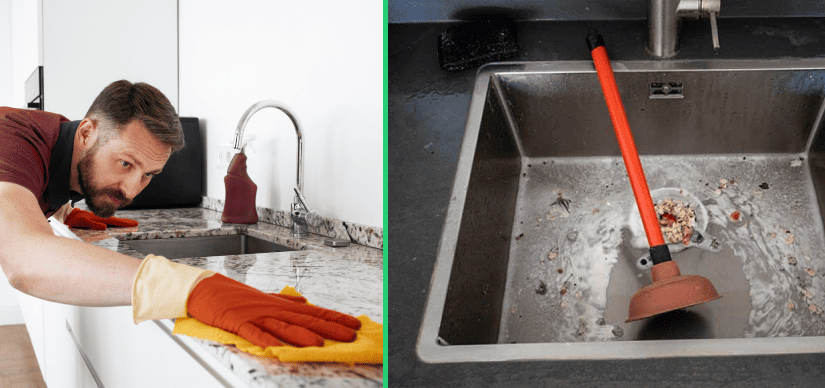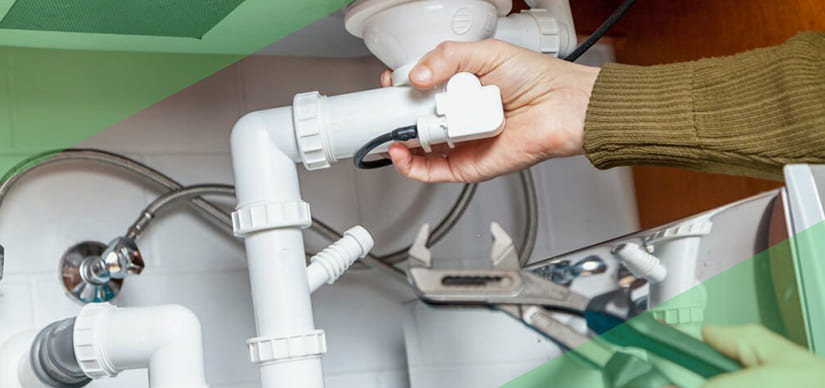Some Tips to Used for Avoid Plumbing Clogs
Publish Date : 01-10-2024
Views : 458

A blocked drain is quite often bad news regardless of where this does occur in your home. For fixing clogged drains in San Diego, you might find thousands of plumbers. A lot of them might offer temporary services that get the clogs removed but nothing to help you avert potential water damage and other issues. Being well informed about keeping drains




